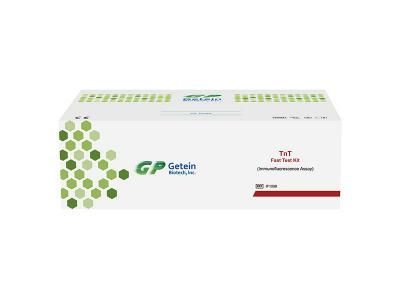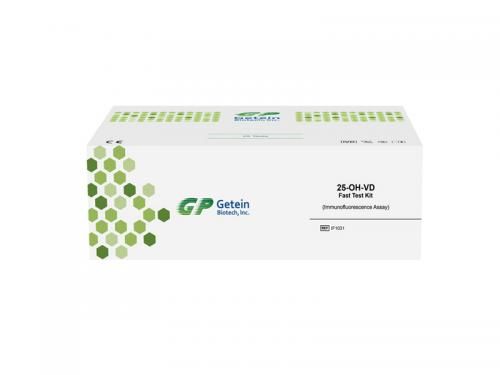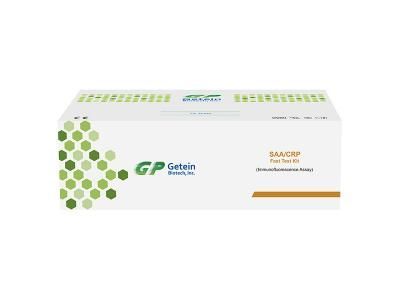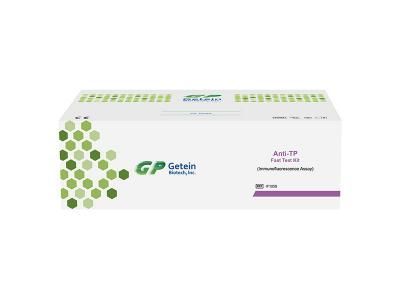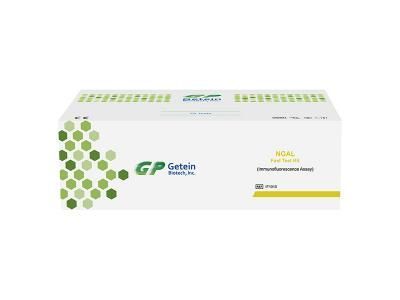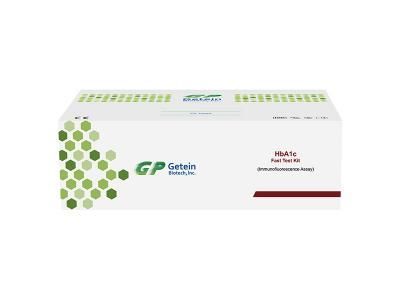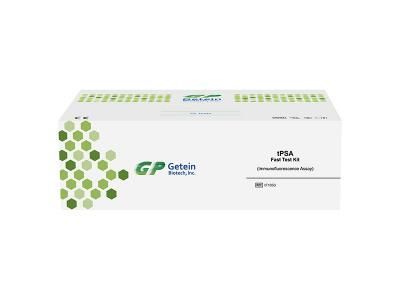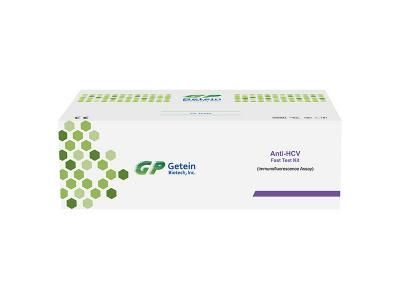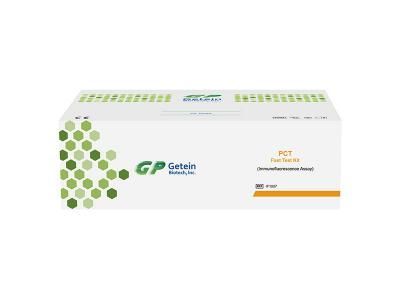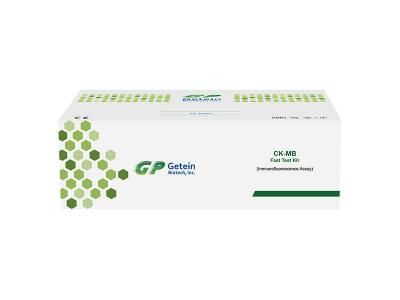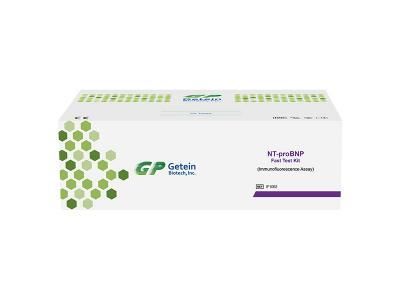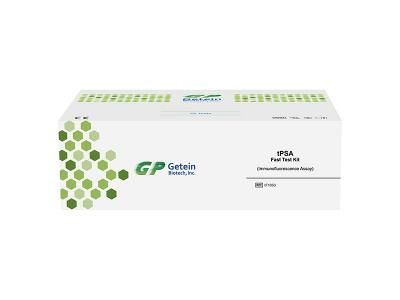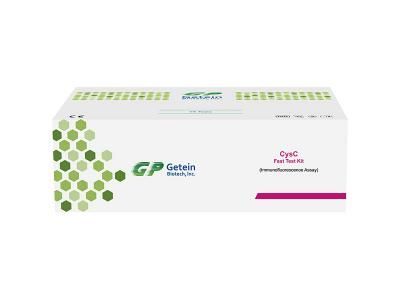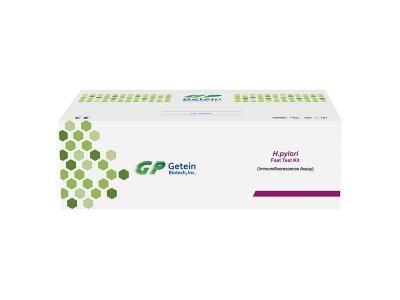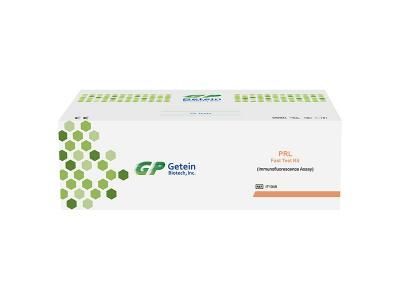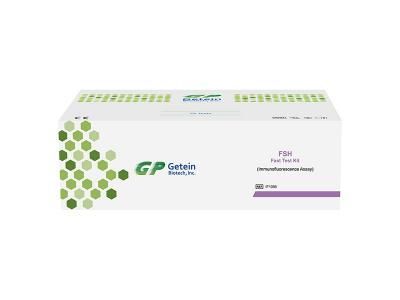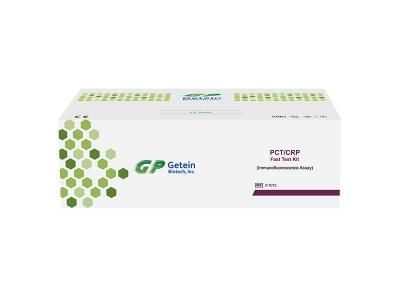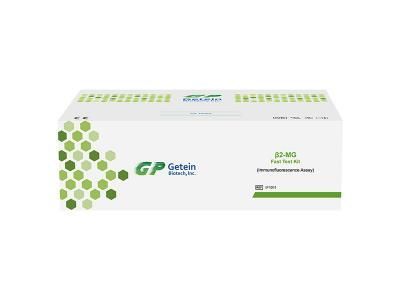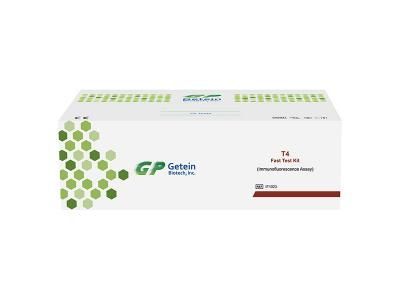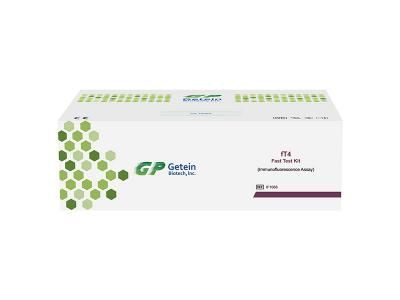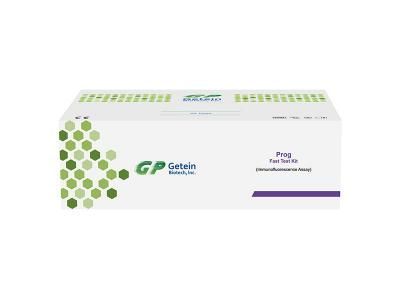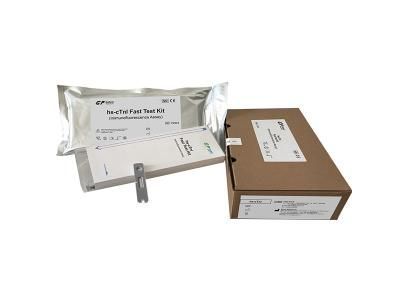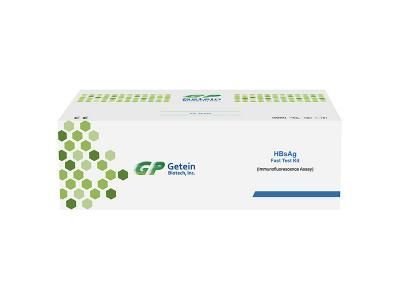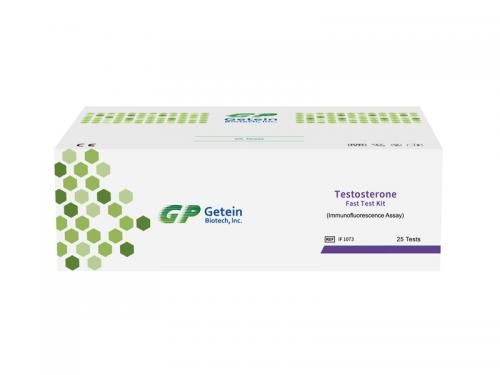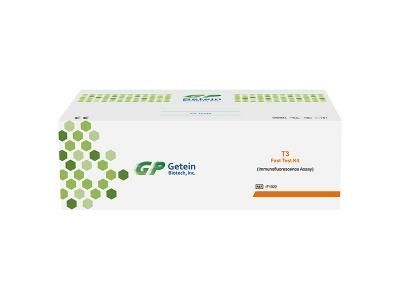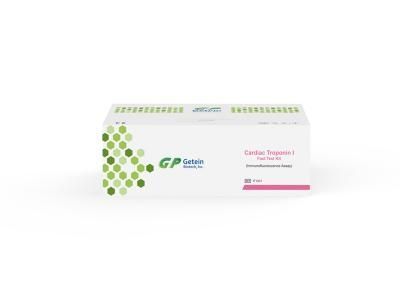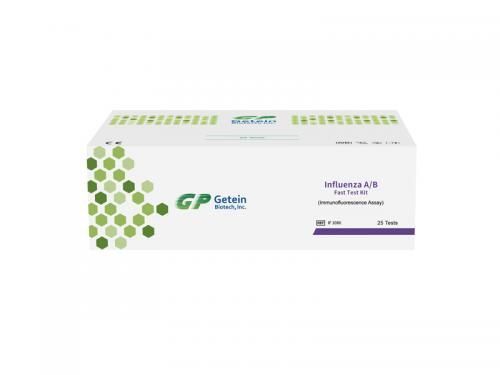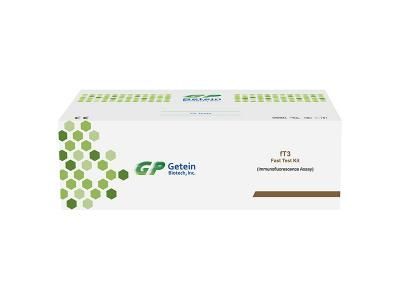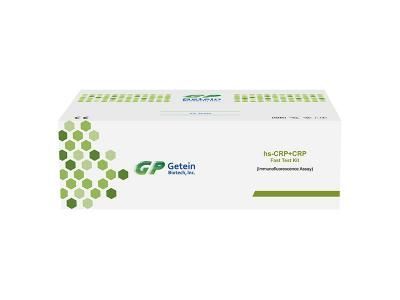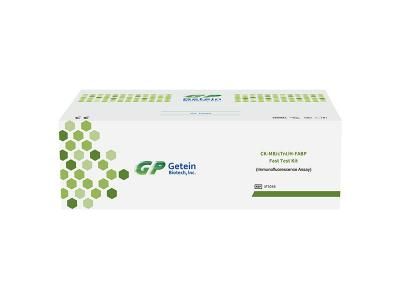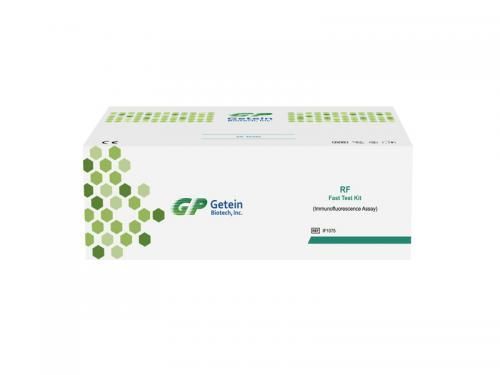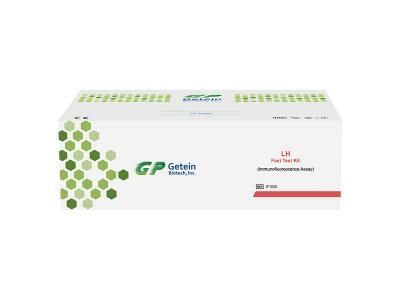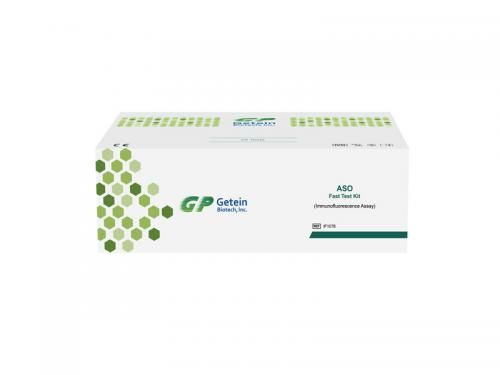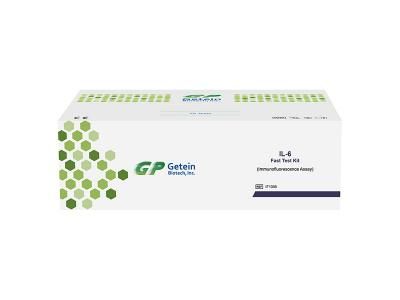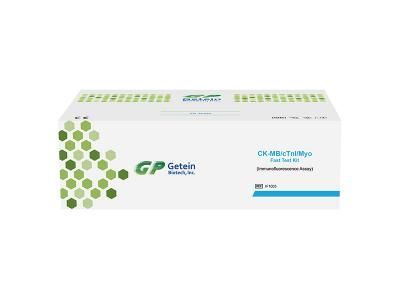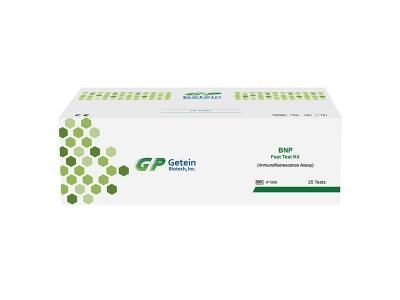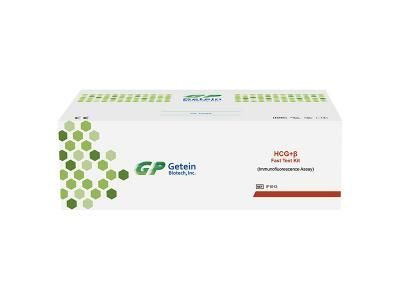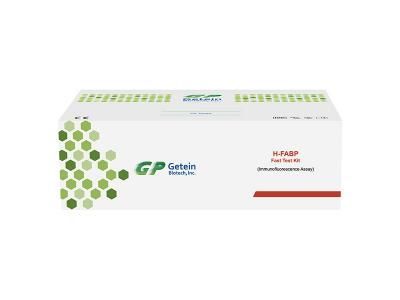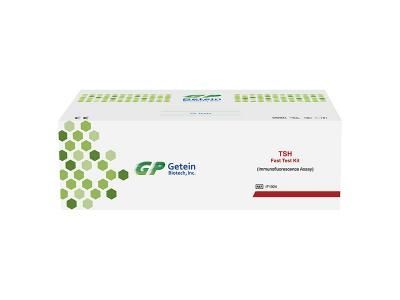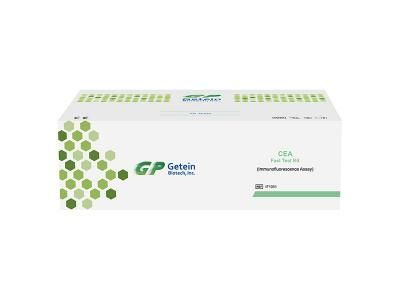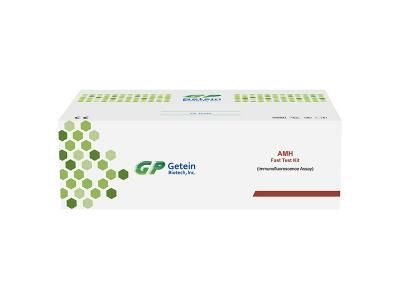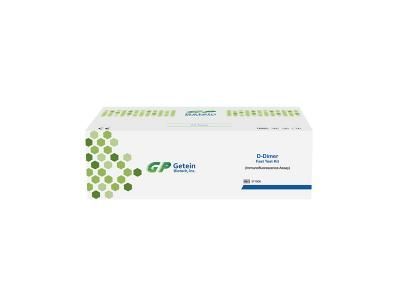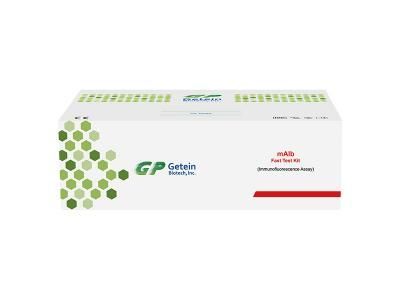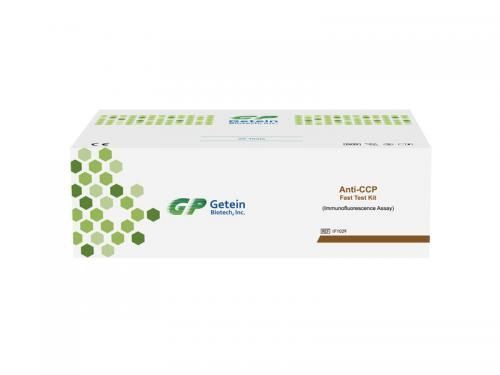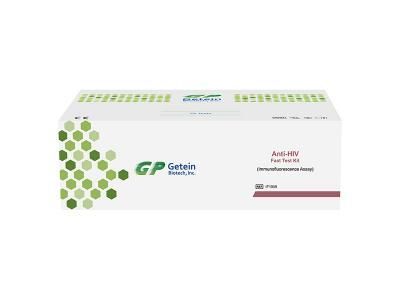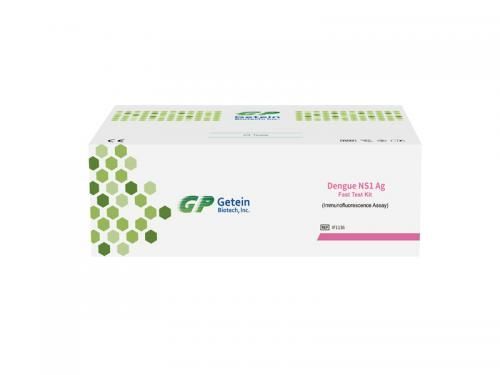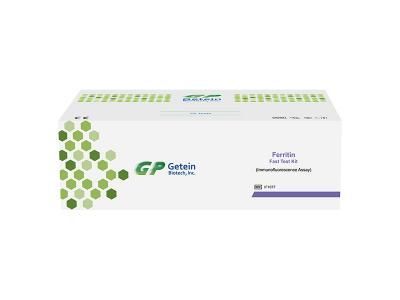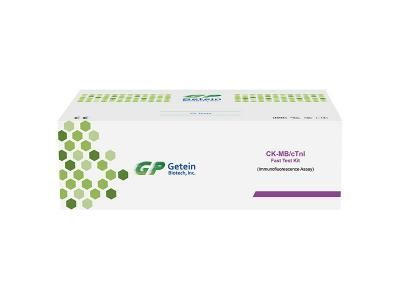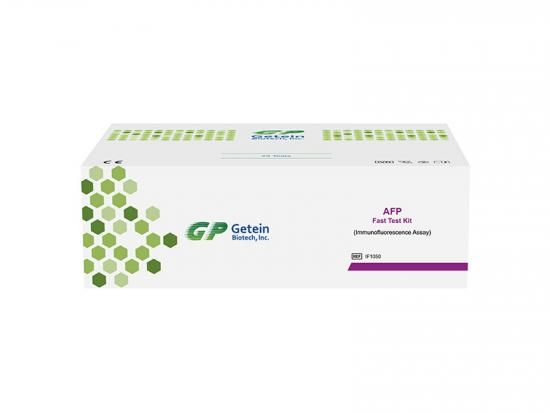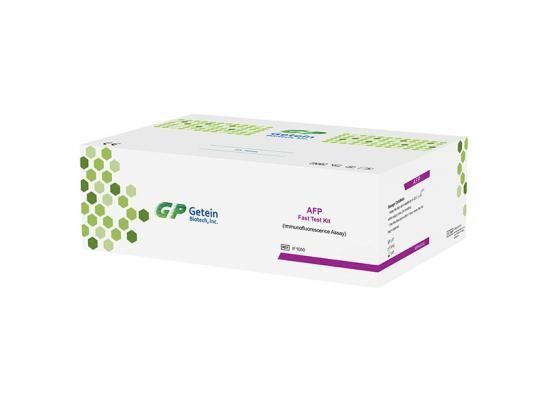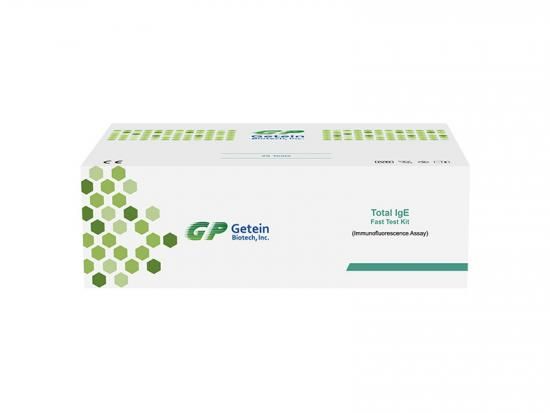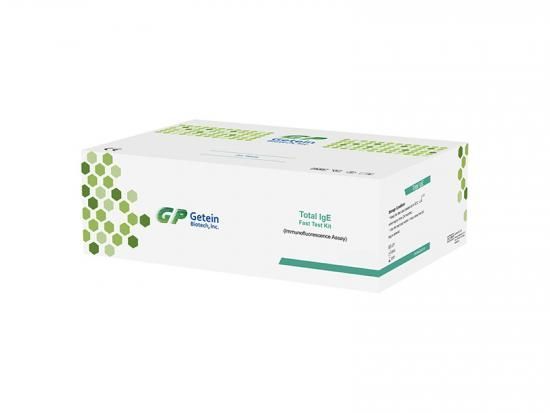Getein TnT Fast Test Kit is used as an aid for the early screening of acute myocardial infarction (AMI), heart failure, unstable angina pectoris, myocarditis and other myocardial injuries, it can also be used for the assessment of prognosis and risk stratification of acute pulmonary embolism and the monitoring of myocardial injury in thoracic surgery.
Intended Use
The TnT Fast Test Kit (Immunofluorescence Assay) is intended for in vitro quantitative determination of Troponin T (TnT) in serum, plasma, or whole blood samples. The test is indicated for early screening of acute myocardial infarction (AMI), heart failure, unstable angina pectoris, myocarditis, and other myocardial injuries. It can also be used for assessing prognosis and risk stratification of acute pulmonary embolism and monitoring myocardial injury in thoracic surgery.
About TnT
Troponin T (TnT) is a substance that regulates the contraction of striated muscles. Although TnT functions the same in all striated muscles, cardiac TnT (molecular weight 39.7 kDa) is different from skeletal muscle TnT. Due to its high tissue specificity, cardiac Troponin T (TnT) is a highly sensitive and specific marker for myocardial injury. Currently, clinical laboratory diagnostic methods for TnT include immune-enhanced turbidimetry, colloidal gold assay, enzyme-linked immunoassay, and chemiluminescence.
Specifications
Test Item:
TnT
Sample:
Serum, Plasma, Whole Blood
Method:
Immunofluorescence Assay
Storage Condition:
4-30℃
Detection Range:
10.0~10000.0 pg/mL
Test Time:
15 min
Cut-off Value:
14.0 pg/mL
Shelf Life:
24 months
Applicable Devices
- Getein 1100 Immunofluorescence Quantitative Analyzer
- Getein 1160 Immunofluorescence Quantitative Analyzer
- Getein 1180 Immunofluorescence Quantitative Analyzer
- Getein 1200 Immunofluorescence Quantitative Analyzer
- Getein 1600 Immunofluorescence Quantitative Analyzer
Clinical Applications
- Aid in the early detection and screening of acute myocardial infarction (AMI), heart failure, unstable angina pectoris, myocarditis, and other myocardial injuries.
- Aid in assessing prognosis and risk stratification of acute pulmonary embolism and monitoring myocardial injuries in thoracic surgery.

